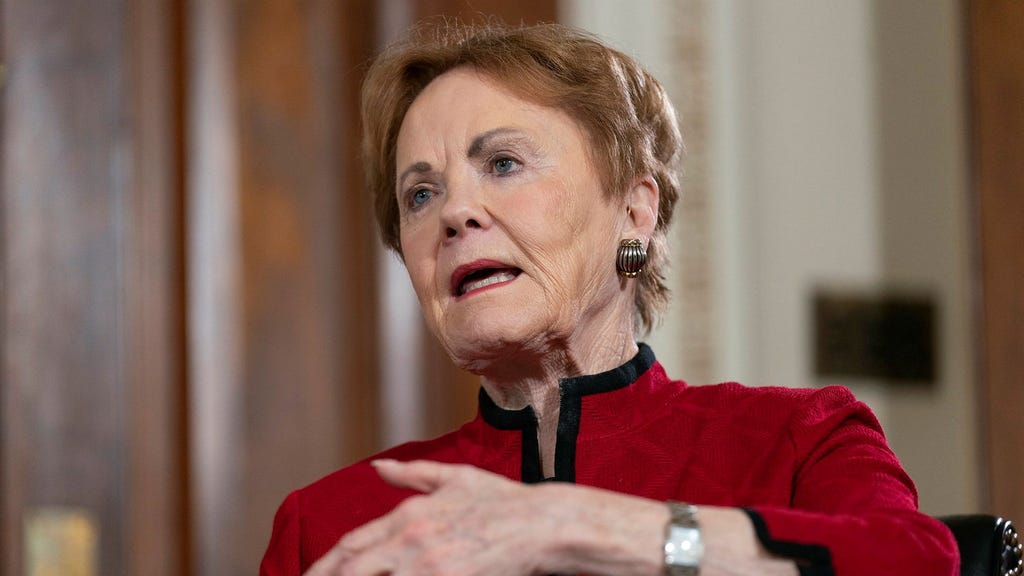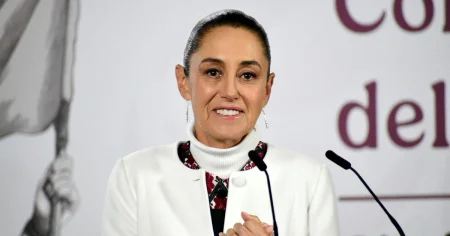The debate surrounding age and fitness for office in American politics has intensified following the revelation that Republican Congresswoman Kay Granger exhibited symptoms of dementia and resided in a Texas assisted living facility, a fact concealed from the public by her staff. This incident reignites concerns about the prevalence of aging politicians in positions of power, particularly within Congress, where seniority is often prioritized over other qualifications. The median age in the House and Senate during 2023 was 58 and 65, respectively, underscoring the graying of American political leadership. Granger’s case highlights the potential for elected officials to prioritize their positions even when facing significant health challenges that may impede their ability to perform their duties effectively. This raises fundamental questions about transparency, accountability, and the potential conflict between personal ambition and the public good.
The Granger case echoes other recent instances where the health of aging politicians has become a subject of national concern. Notably, both Donald Trump and Joe Biden, the leading figures in the 2024 presidential race, faced scrutiny regarding their age and fitness for the demanding role of president. Trump, at 78, became the oldest president ever inaugurated, while Biden’s physical and cognitive abilities were also subject to public discussion. These prominent examples illustrate the growing unease surrounding the advancing age of many elected officials, particularly those holding the highest offices. The question of at what point age becomes a legitimate impediment to effective leadership remains a contentious one, with no easy answers.
The concealed nature of Granger’s health condition further underscores the potential for a lack of transparency in these situations. Granger’s decision not to disclose her condition or her absence from Congressional votes since the summer raises ethical questions about the responsibility of elected officials to be forthright with the public about their health. Her staff’s complicity in maintaining this secrecy further compounds the issue, highlighting the potential for a culture of protectionism that shields aging politicians from scrutiny, even when their ability to fulfill their duties is compromised. This lack of transparency undermines public trust and fuels concerns about whether voters are fully informed when making their choices at the ballot box.
The Granger situation has sparked bipartisan calls for reform, with some advocating for term limits or cognitive testing for elected officials. Democrat Ro Khanna has called for term limits, criticizing the current system for prioritizing seniority over merit and fresh ideas. Similarly, Jared Huffman has emphasized the importance of open communication between elected officials and the public, particularly regarding matters of health. These voices reflect a growing sentiment that the current system may be failing to adequately address the challenges posed by an aging political class. The debate over potential solutions, including term limits, mandatory retirement ages, and cognitive testing, is likely to continue, particularly as the average age of elected officials continues to climb.
The debate also extends beyond partisan lines. Republican Kari Lake’s comment that Washington shouldn’t be a ”nursing home” reflects a broader concern about the potential for entrenched, aging politicians to stifle new voices and perspectives. Even Elon Musk, a prominent figure in the tech world and a supporter of Donald Trump, has suggested the possibility of cognitive testing for elected officials. This diverse range of opinions underscores the widespread nature of the concern, suggesting that the issue transcends traditional political divides. The question of how to balance the value of experience with the need for fresh perspectives and the imperative of ensuring the physical and cognitive fitness of those in power is a complex one that demands careful consideration.
The Granger incident follows other recent examples of aging politicians facing scrutiny over their health. Democratic Senator Dianne Feinstein faced pressure to resign due to health issues and ultimately passed away while still in office, highlighting the potential for individuals to cling to power despite declining health. Similarly, Republican Senator Mitch McConnell experienced concerning episodes of freezing during public appearances, prompting questions about his fitness to continue serving as a party leader. These cases underscore the recurring nature of this issue and the need for a more robust system for addressing it. They also highlight the difficult conversations that often surround these situations, balancing respect for the individual with the need to ensure effective governance.














